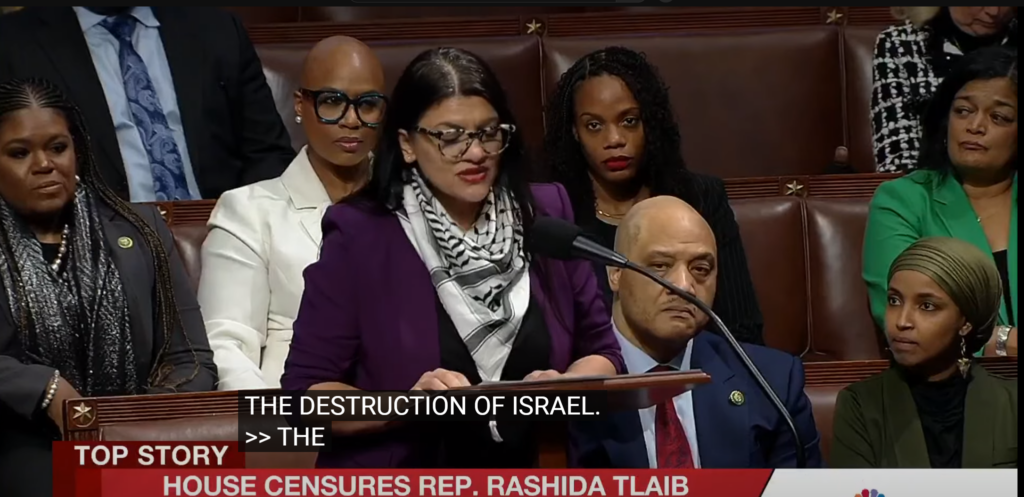Call for Papers: 2023 International Conference on Ethnic and Religious Conflict Resolution and Peacebuilding

Theme: Diversity, Equity And Inclusion Across All Sectors: Implementations, Challenges, And Future Prospects
Dates: September 26 – September 28, 2023
Location: The Reid Castle at Manhattanville College, 2900 Purchase Street, Purchase, NY 10577
Proposal Submission Deadline Extended To May 31, 2023

Call for Papers
The 2023 International Conference on Ethnic and Religious Conflict Resolution and Peacebuilding will examine how diversity, equity and inclusion are implemented across all sectors of the society – including government, businesses, nonprofit, religious institutions, education, philanthropy, foundations, and so on. The goal of the conference is to identify and discuss the barriers to a successful implementation of diversity, equity and inclusion, what needs to be done, and the future prospects of sustaining the movement toward a more inclusive world.
ICERMediation invites scholars, researchers, experts, graduate students, practitioners, policy makers, representatives from organizations, indigenous peoples, and faith communities to submit proposals – abstracts or full papers – for presentation. We welcome proposal submissions that contribute to a multi-regional and multi-sectoral discussion of the challenges facing the implementation of diversity, equity and inclusion in any of the sectors listed under thematic areas.
Thematic Areas
- Government
- Economy
- Businesses
- Policing
- Military
- Justice System
- Education
- Property Ownership and Housing
- Private Sector
- The Climate Movement
- Science and Technology
- Internet
- Media
- International Aid and Development
- Inter-Governmental Organizations such as the United Nations
- Nonprofit Organization or Civil Society
- Healthcare
- Philanthropy
- Employment
- Sports
- Space Exploration
- Religious Institutions
- The Arts
Guidelines for Proposal Submission
Make sure that your proposal meets the submission criteria listed below before you send it. Also, indicate in your email whether you would like your paper to be peer-reviewed and considered for publication in the Journal of Living Together.
- Papers must be submitted with 300-350 word abstracts, and a biography of no more than 50 words. Authors can send their 300-350 word abstract before submitting the final draft of their paper for peer review.
- Abstract Submission Deadline Extended To May 31, 2023. International presenters who need a visa to come to the United States must submit their abstracts before May 31, 2023 for early processing of travel documents.
- Selected proposals for presentation notified on or before June 30, 2023.
- Final draft of paper and PowerPoint submission deadline: September 1, 2023. The final draft of your paper will be peer reviewed for a journal publication consideration.
- At the moment, we are accepting proposals written in English only. If English is not your native language, please have a native English speaker review your paper before submission.
- All submissions to the 8th Annual International Conference on Ethnic and Religious Conflict Resolution and Peacebuilding must be typed double-spaced in MS Word using Times New Roman, 12 pt.
- If you can, please use the APA Style for your citations and references. If that is not possible for you, other academic writing traditions are accepted.
- Please identify a minimum of 4, and a maximum of 7, keywords reflecting the title of your paper.
- Authors should include their names on the cover sheet only for purposes of blind review.
- Email graphic materials: photo images, diagrams, figures, maps and other files as attachment and indicate by use of numbers preferred placement areas in the manuscript.
- All abstracts, papers, graphic materials and inquiries should be sent by email to: conference@icermediation.org. Please indicate “2023 Annual International Conference” in the subject line.
Selection Process
All abstracts and papers will be carefully reviewed. Each author shall then be notified by email about the outcome of the review process.
Evaluation Criteria
- The paper makes original contribution
- The literature review is adequate
- The paper is based on a sound theoretical framework and/or research methodology
- The analysis and findings are germane to the objective(s) of the paper
- The conclusions match the findings
- The paper is well organized
- The Guidelines for Proposal Submission have been followed properly in preparing the paper
Copyright
Authors/presenters retain the copyright of their presentations at the 8th Annual International Conference on Ethnic and Religious Conflict Resolution and Peacebuilding. In addition, authors may use their papers elsewhere after publication provided that proper acknowledgement is made, and that the ICERMediation office is notified.


